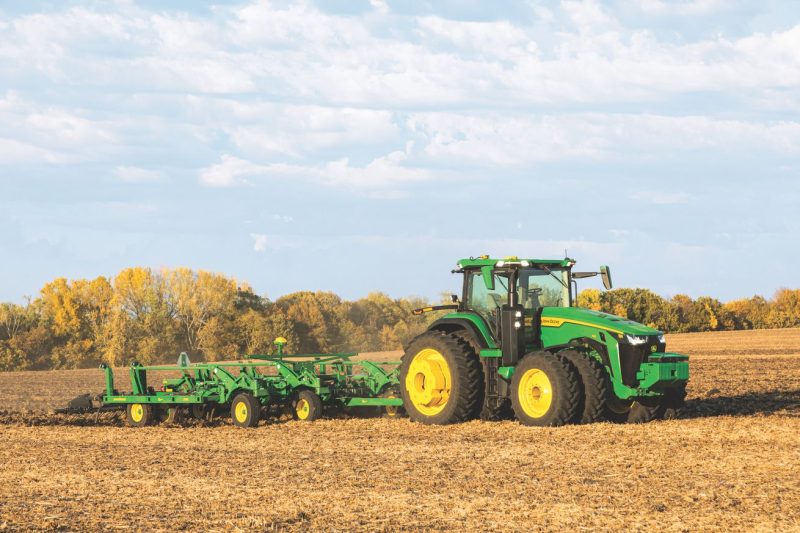**The Impact of Solar Storms on Farmer GPS Systems**
The agriculture industry has long relied on technology to optimize farming practices and increase crop yields. One such technology that has become indispensable to modern farmers is the Global Positioning System (GPS). GPS allows farmers to precisely navigate their equipment, apply fertilizers and pesticides efficiently, and monitor crop yields accurately. However, recent reports indicate that farmer GPS systems are facing disruptions due to solar storms, particularly during critical planting times.
**Understanding Solar Storms**
Solar storms are disturbances in Earth’s magnetosphere caused by solar flares and coronal mass ejections from the sun. These storms release charged particles that can interfere with satellite signals, including those used by GPS systems. While the effects of solar storms are typically mild and go unnoticed in everyday life, they can have significant consequences for industries that rely heavily on precise satellite navigation, such as agriculture.
**Challenges Faced by Farmers**
During critical planting times, such as the spring planting season, farmers rely on GPS systems to ensure accurate planting and spacing of crops. Any disruptions to the GPS signals can lead to misaligned rows, uneven planting, and decreased crop yields. This can ultimately impact the profitability of farms and the food supply chain as a whole.
**Mitigating the Effects**
To address the challenges posed by solar storms, farmers can take several proactive measures. One approach is to invest in backup navigation systems that are less susceptible to interference from solar storms. Additionally, farmers can adjust their planting schedules to minimize reliance on GPS during periods of heightened solar activity. Collaboration between government agencies, technology companies, and farmers can also lead to the development of more resilient GPS systems that can withstand solar disruptions.
**Looking Ahead**
As solar storms continue to be a potential threat to farmer GPS systems, it is crucial for the agriculture industry to be prepared for such eventualities. By staying informed about solar activity, investing in robust technology solutions, and implementing contingency plans, farmers can mitigate the impact of disruptions on their operations. With the right strategies in place, farmers can continue to harness the benefits of GPS technology and maintain productivity even in the face of solar disturbances.

























